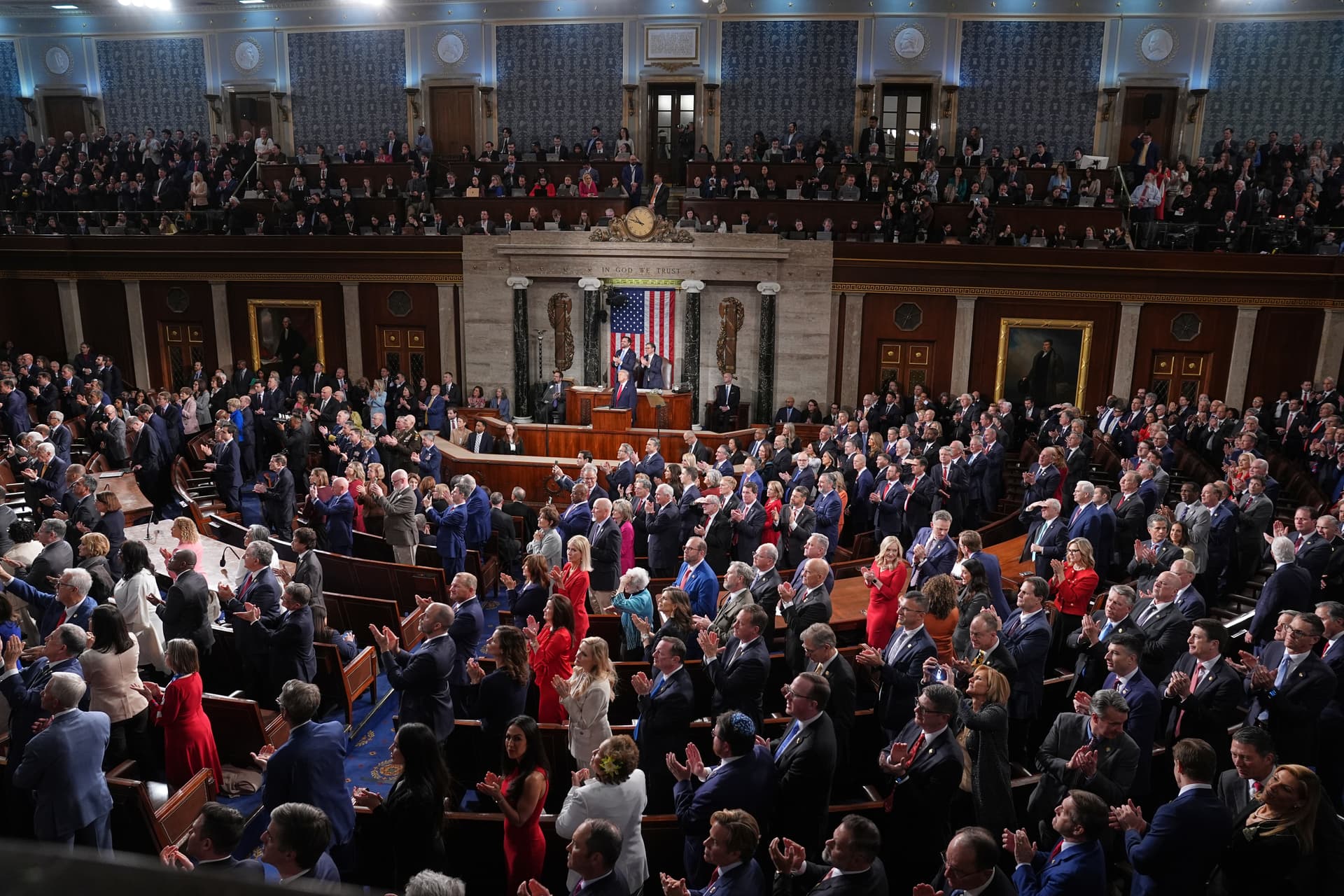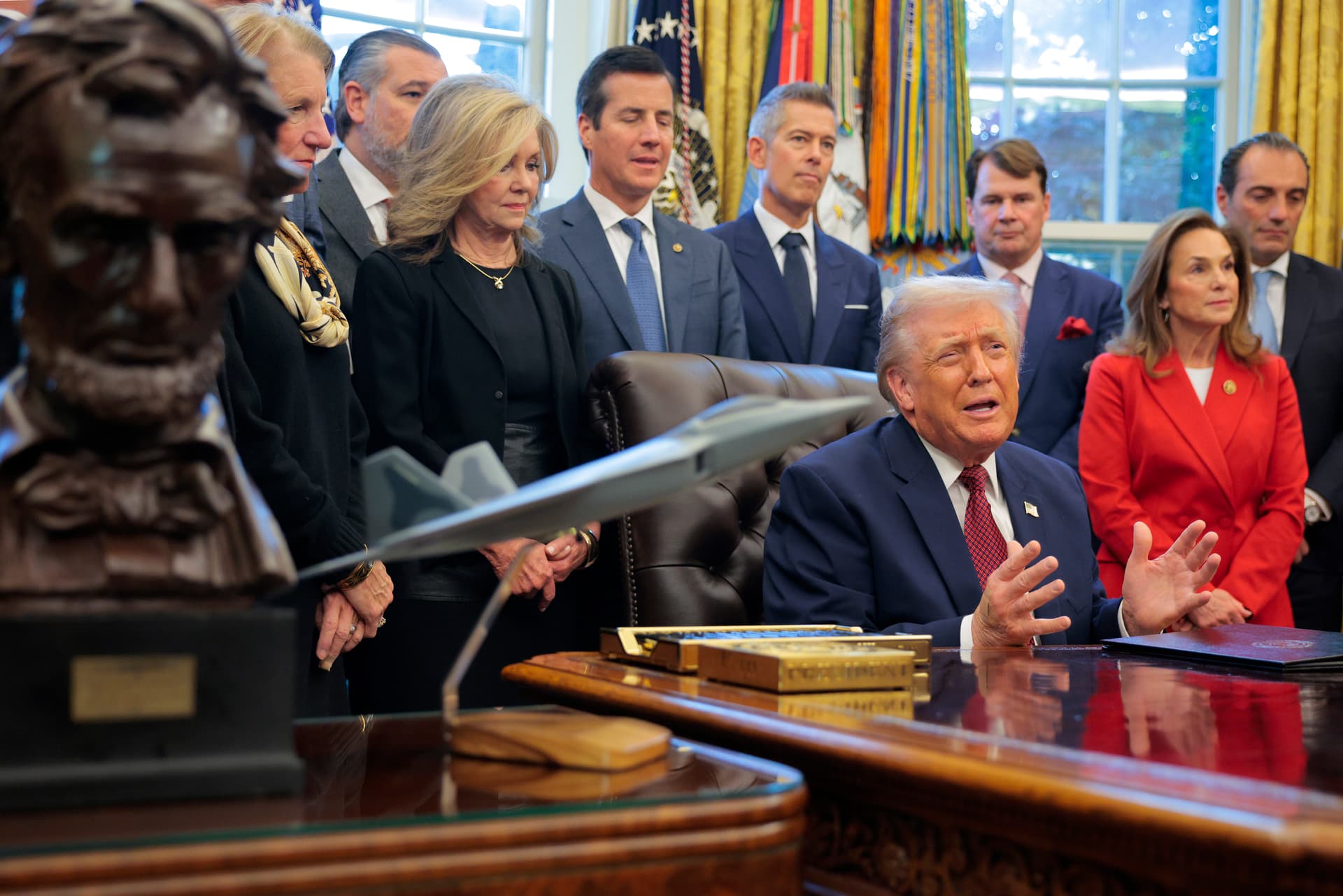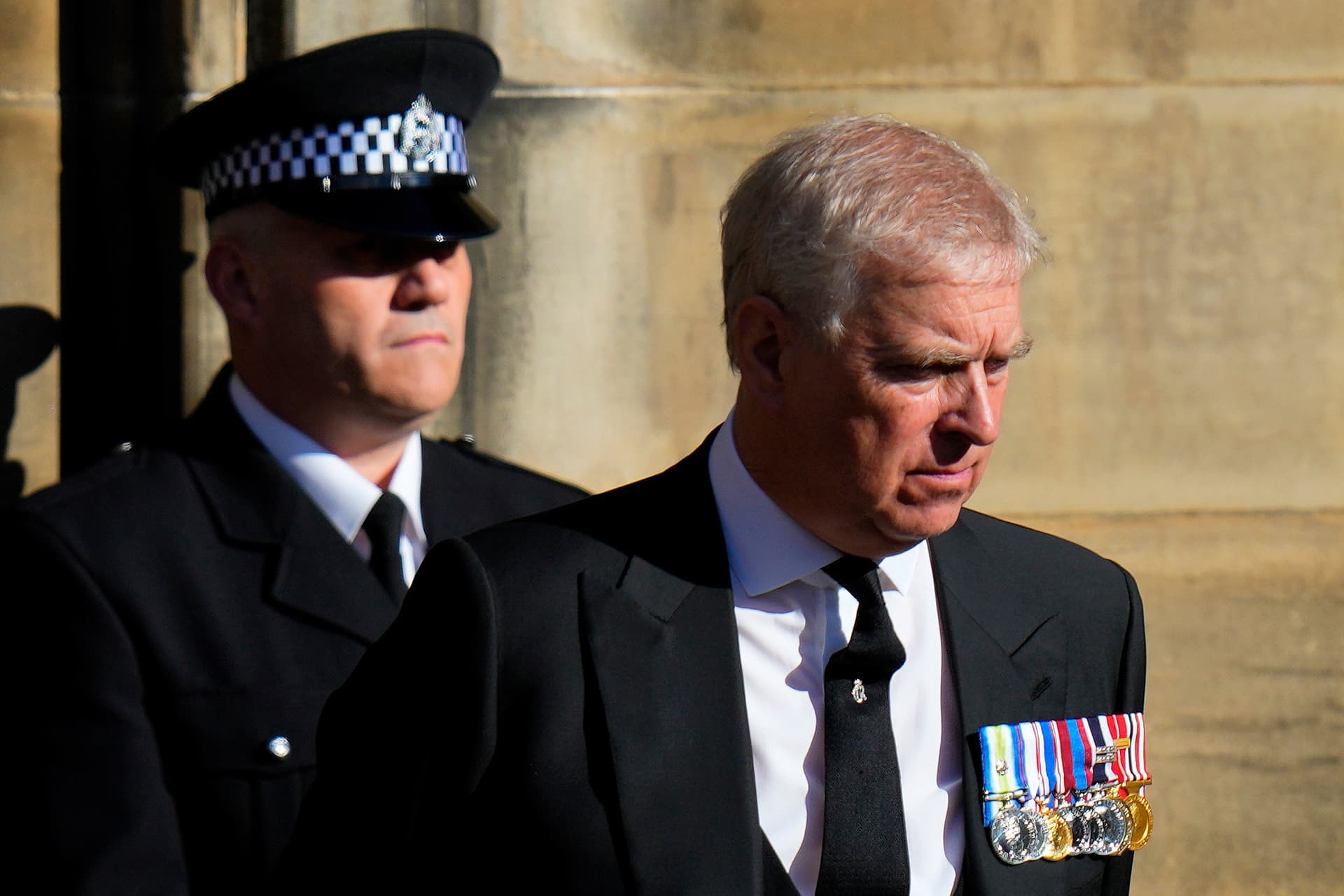
Trump’s SOTU Unleashes America’s Golden Age of Growth
By LAWRENCE KUDLOW
|Prime Minister Le Pen? ‘We are ready to take power,’ says Marine Le Pen After National Rally Trounces President Macron’s Party in European Elections.

Already have a subscription? Sign in to continue reading

By LAWRENCE KUDLOW
|
By STEPHEN MOORE
|
$0.01/day for 60 days
Cancel anytime
By continuing you agree to our Privacy Policy and Terms of Service.
By A.R. HOFFMAN